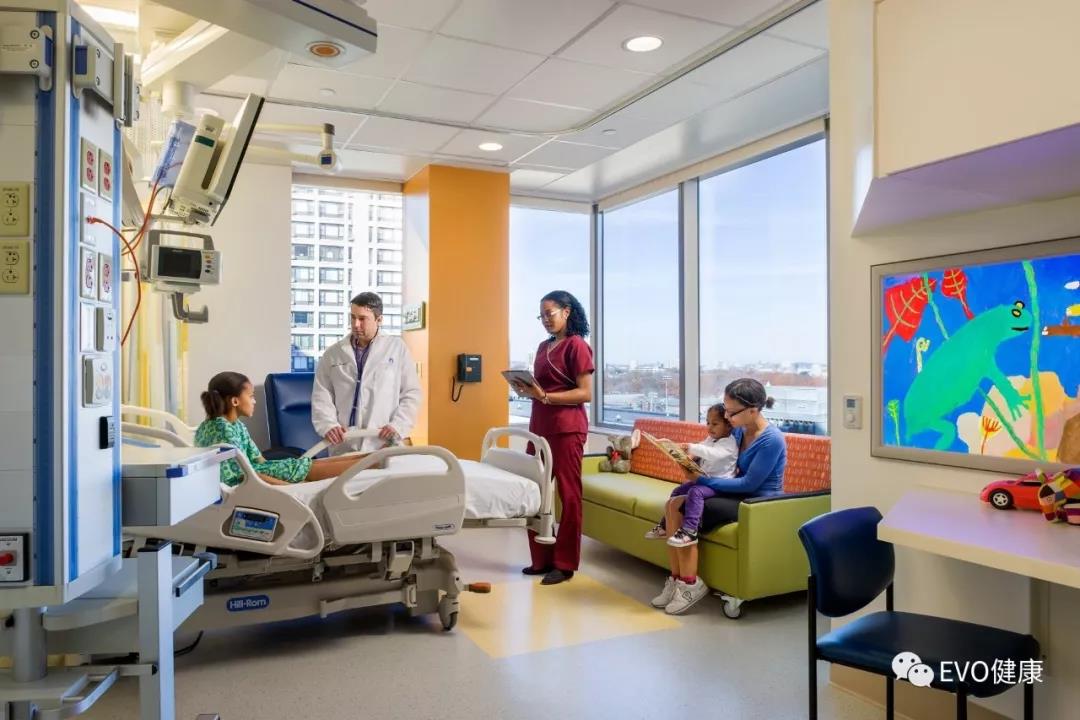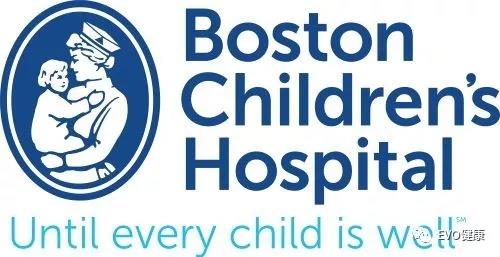9F, Zhongrui Jumei Building, 68 Jiuzhang Road, Suzhou Industrial Park, Jiangsu Province
Summit notice
Boston Children's Hospital
Hospital Introduction
Boston Children’ s Hospital, established in 1869, is a teaching hospital at Harvard University and has a high reputation among children's hospitals across the United States. The hospital has 10 pediatric specialties that rank among the top in the United States, including pediatric cancer, pediatric cardiac and cardiac surgery, pediatric gastrointestinal and gastrointestinal surgery, pediatric neurology, pediatric neonatology, pediatric kidney, pediatric orthopedics, and pediatric urology, which rank first in the United States, and pediatric endocrinology and pediatric pulmonary surgery, which rank second in the United States. For 140 years, we have been working hard for the treatment of childhood diseases, from successfully relieving leukemia in 1947 to correcting complex fetal heart defects.

Hospital size
The hospital adheres to family centered therapy. Currently, there are 395 child beds, 15748 inpatients, 6795 inpatient surgeries and 19747 outpatient surgeries per year. The emergency room has received 58872 visits.
In addition, Boston Children's Hospital is also a large-scale research institution. Research facilities include a basic and transformational research base covering an area of over 800000 square feet and a clinical research base covering an area of 50000 square feet. With an annual research investment of 308 million yuan, it has received a large amount of research investment from pediatric centers across the United States, aiming to provide unparalleled innovative treatment and technology for patients.

Medical breakthroughs
In 1983, doctors in the hospital performed the first surgery to correct left ventricular hypoplasia syndrome;
In 1986, doctors in the hospital performed the first heart transplant operation;
In 1989, researchers at the Institute discovered Beta Amyloid, a toxic protein deposited in the brain of patients with Alzheimer's disease;
In 1997, Michael O& rsquo; Reilly and Dr. Judah Folkman discovered the inhibitor Endostatin, which inhibits tumor angiogenesis;
In 1998, Dr. Evan Snyder cloned authoritative neural stem cells;
In 2000, the hospital successfully completed the 100th heart transplant operation;
In 2001, the hospital successfully completed the world's authoritative case of fetal correction of left ventricular dysplasia at 19 weeks;
In 2003, the hospital successfully performed the world's authoritative surgery for short bowel syndrome;
In 2004, the hospital successfully performed the authoritative multiple organ transplantation surgery in New England;
In 2005, researchers from the Institute successfully obtained adult heart tissue for regeneration in mammals;
In 2006, Oncomodoulin, a growth factor that can stimulate the regeneration of the optic nerve, was discovered.
Advantage Disciplines
Cancer and Blood Disease Center
The Cancer and Hematological Center of Boston Children's Center Hospital, in close collaboration with the Dana Faber Cancer Institute, established the Dana Faber/Boston Children's Hospital Cancer Center. Dana Faber/Boston Children's Hospital Cancer Center is a comprehensive pediatric hematology and cancer project jointly established by Dana Faber Cancer Institute and Boston Children's Hospital. The center provides treatment for children with various cancers and hematological diseases, including the more common and rare cancers. The center is not only committed to providing innovative treatment methods for patients, but also focuses more on family centered development of comprehensive medical care plans for the health of children and their families.
Heart Center
Boston Children's Hospital ranks first in the United States in cardiology and cardiac surgery (US News and World Report). The success rate of heart disease in children ranks first in the world. The center is committed to providing high-quality medical services to patients, as well as providing long-term support and assistance to each patient's family. The center provides a range of heart disease treatments for children, including the treatment of rare and complex congenital heart diseases, valve repair, and heart transplantation. Patients range from infants to adults.
Neurocenter
The Department of Neurology at Boston Children's Hospital is a children's neurological center with a long history, a large scale, and rich experience. He has been named the American Pediatric Neurology and Neurosurgery Program for many times (US News and World Report). The center's team of physicians and surgeons specializes in treating autism, epilepsy, brain tumors, and more. 25 specialized clinical projects cover a variety of complex neurological disorders in children, including epilepsy and seizures, cerebral palsy, brain tumors, Charlie's malformation, hydrocephalus, spina bifida, and cerebrovascular diseases.
Orthopedic Center
The Boston Children's Hospital Orthopaedic Center was established in 1903, with rich experience, large scale, and busy business. It ranks first among orthopedic centers in the United States (American News and World Report and Parents magazine). The center is committed to providing comprehensive and thoughtful medical services for children, adolescents, and young adult patients. The center can treat a series of orthopedic diseases such as fractures and sports injuries, as well as scoliosis, hip joint problems, brachial plexus nerve, and cerebral palsy. It combines advanced treatment options and innovative surgical methods with a time-effective, family-centered nursing philosophy.
Endocrine Center
The Boston Children's Hospital Endocrine Center is a large-scale center that provides comprehensive treatment for children with acute and chronic diseases such as the hypothalamus, pancreas, pituitary, thyroid, parathyroid, adrenal, gonad, and pancreas. The center is one of the few hospitals in the United States that provide professional multidisciplinary programs for type 2 children with diabetes.
Center for Lung and Respiratory Diseases
The Department of Pulmonary and Respiratory Diseases at Boston Children's Hospital specializes in treating chronic or severe respiratory diseases, with a large scale and a multidisciplinary treatment team composed of on-the-job pediatric chest specialists, pulmonary nurses, general practitioners, researchers, respiratory and physicists, nutritionists, and social workers. The department has 10 professional clinical projects that can treat various chronic and acute lung and respiratory diseases in children, including: chronic diseases: cystic fibrosis, severe asthma and bradycardia, chronic bronchitis, and interstitial lung disease; Pulmonary diseases: congenital malformations, bronchopulmonary dysplasia, airway obstruction, pulmonary fibrosis, pulmonary hypertension, hypoxemia, and pulmonary vein stenosis. Pulmonary infections: pneumonia, mycobacterial pulmonary disease, tuberculosis, whooping cough, and bronchiolitis; Sleep disorders: obstructive sleep apnea, restless leg syndrome, insomnia, narcolepsy.

